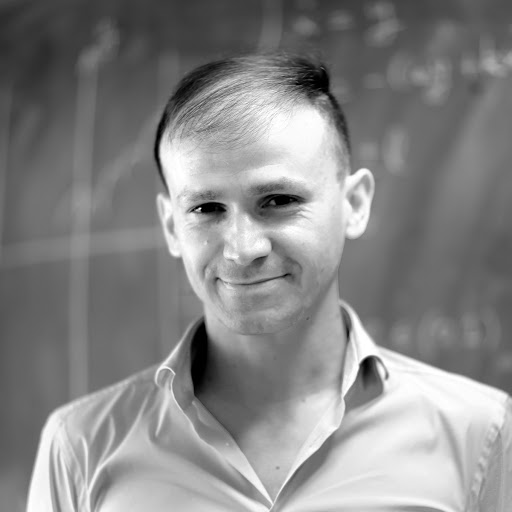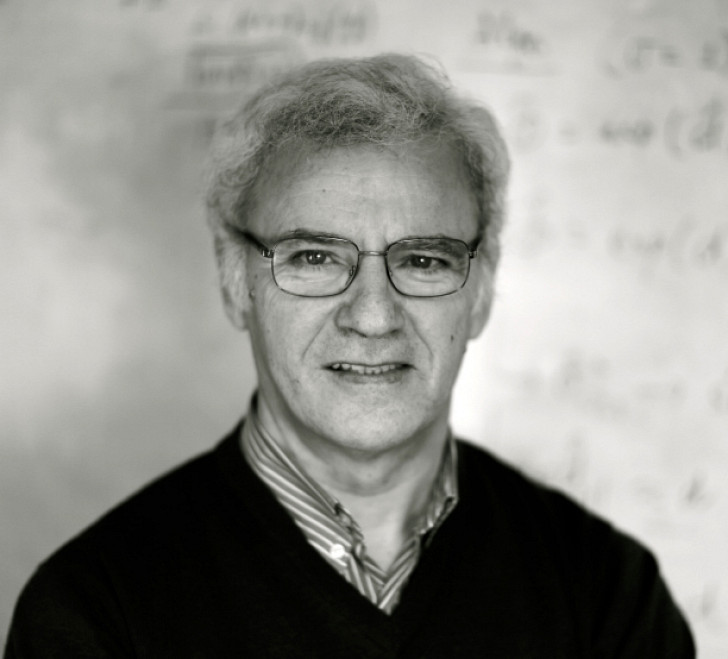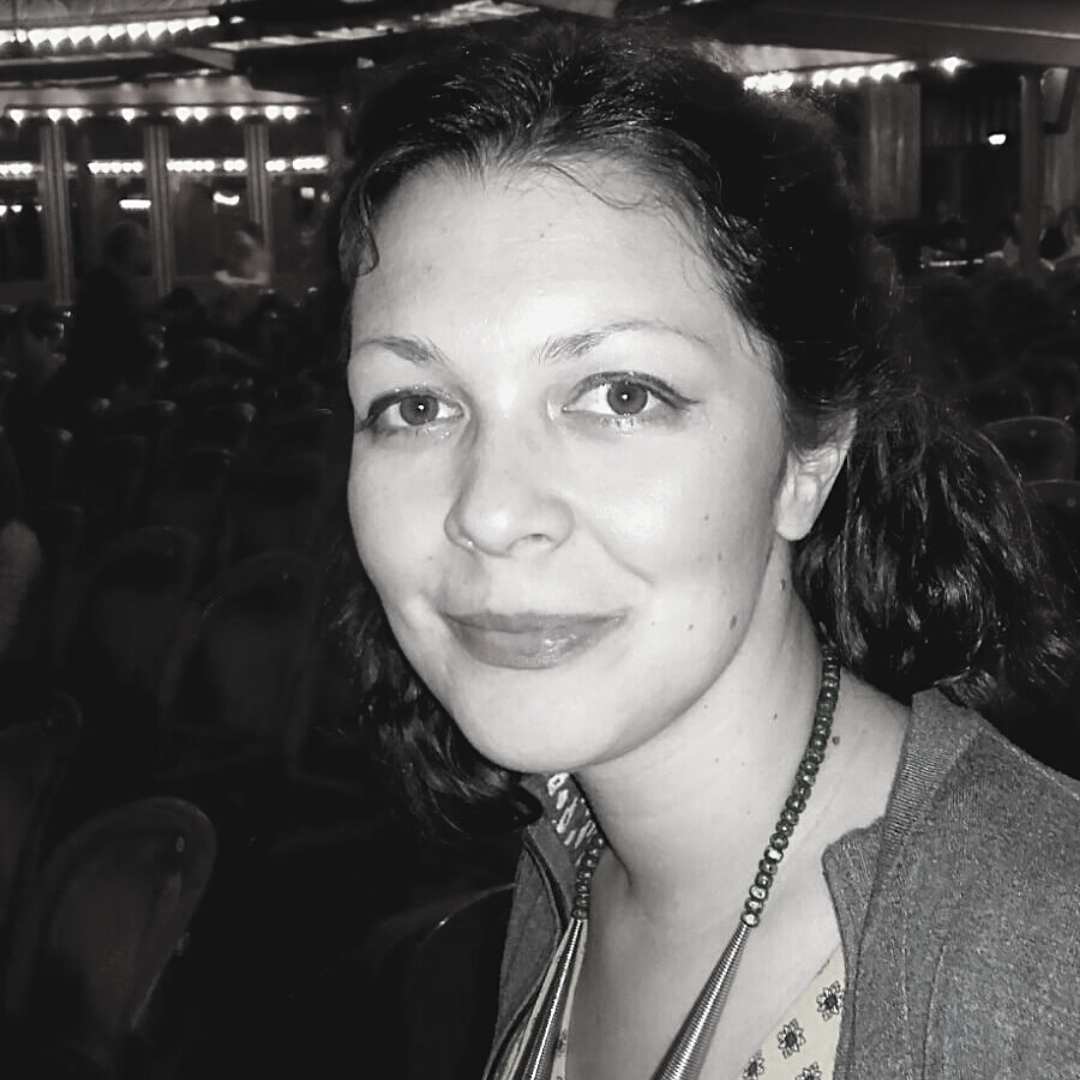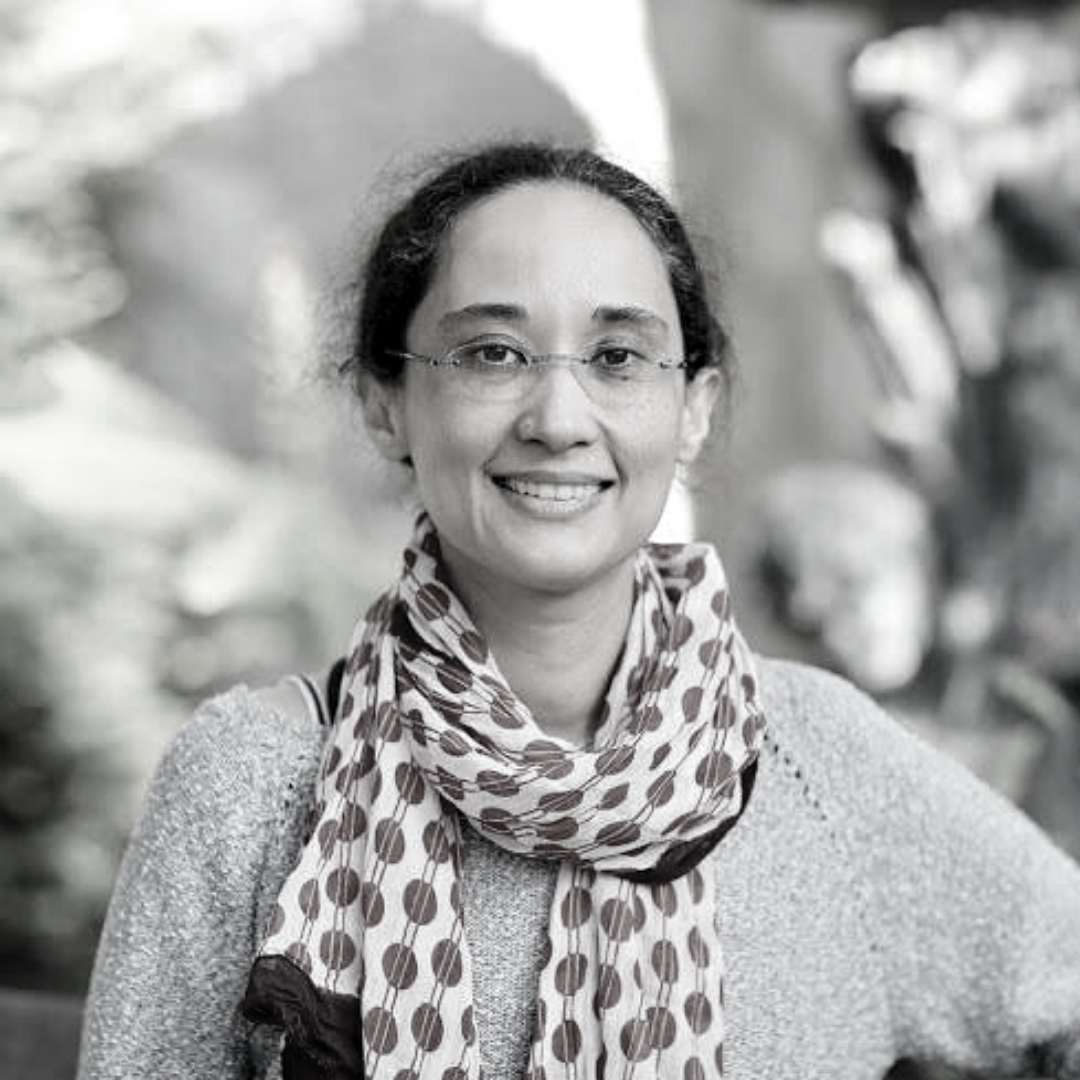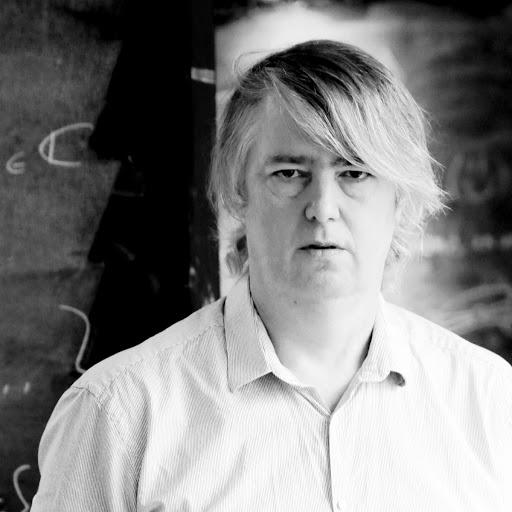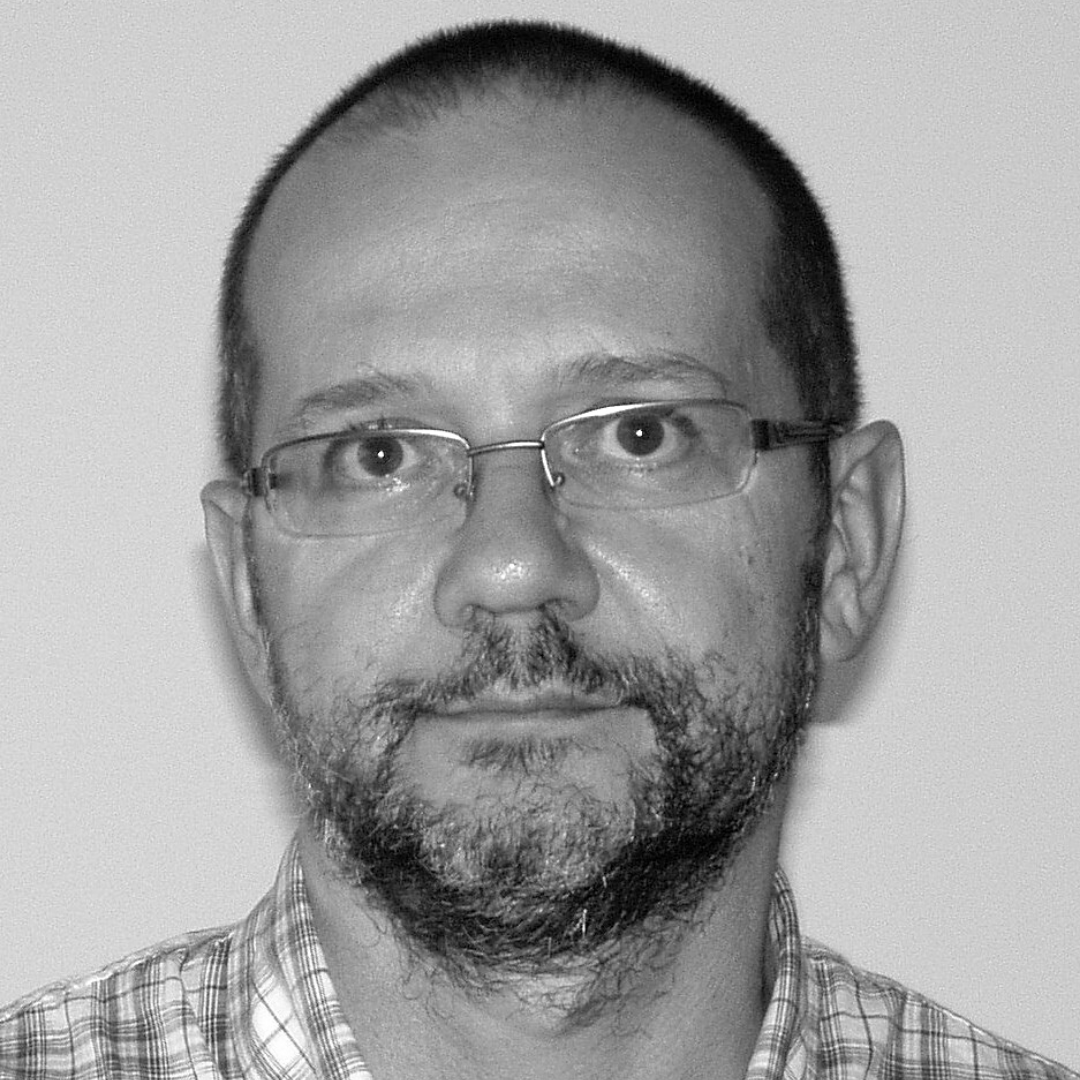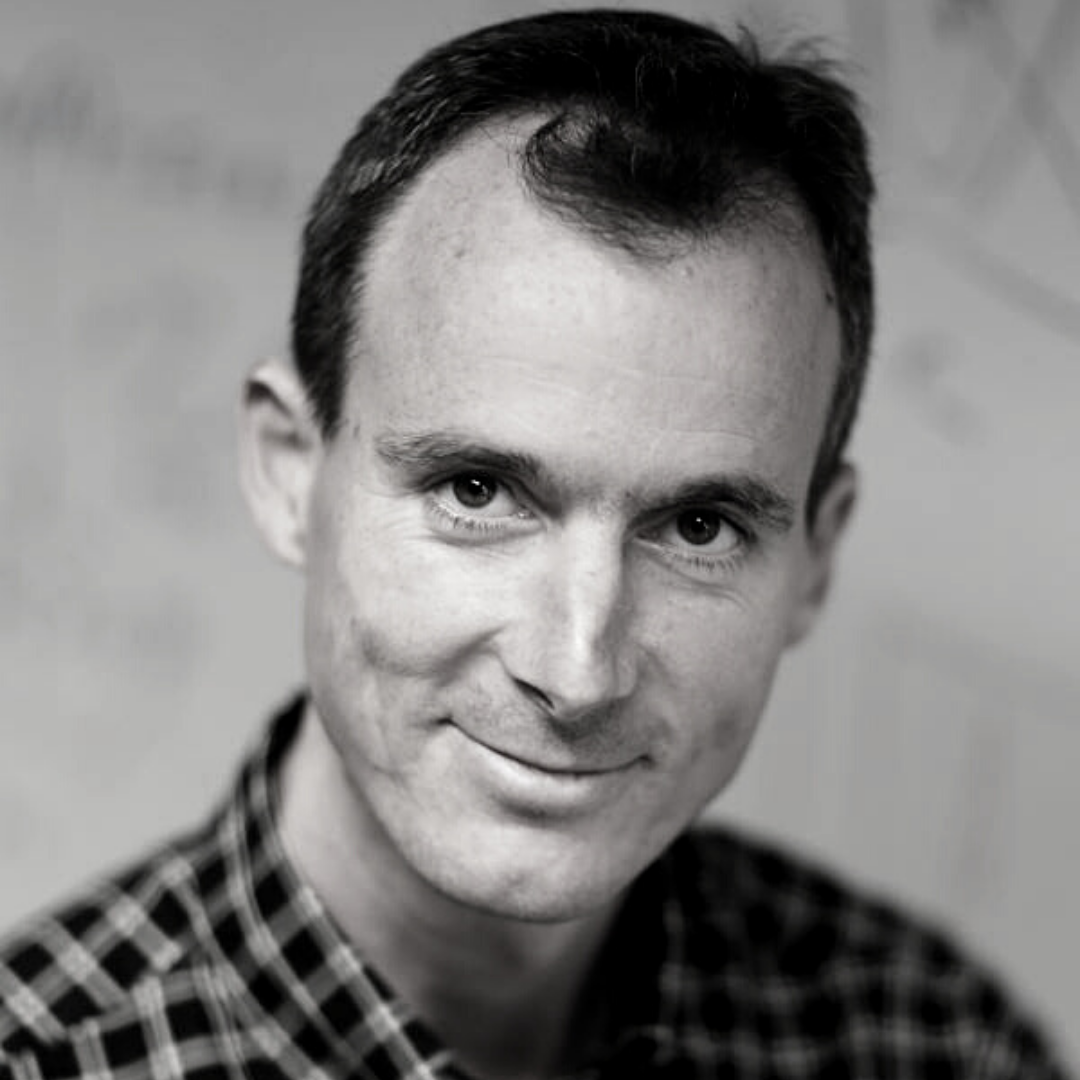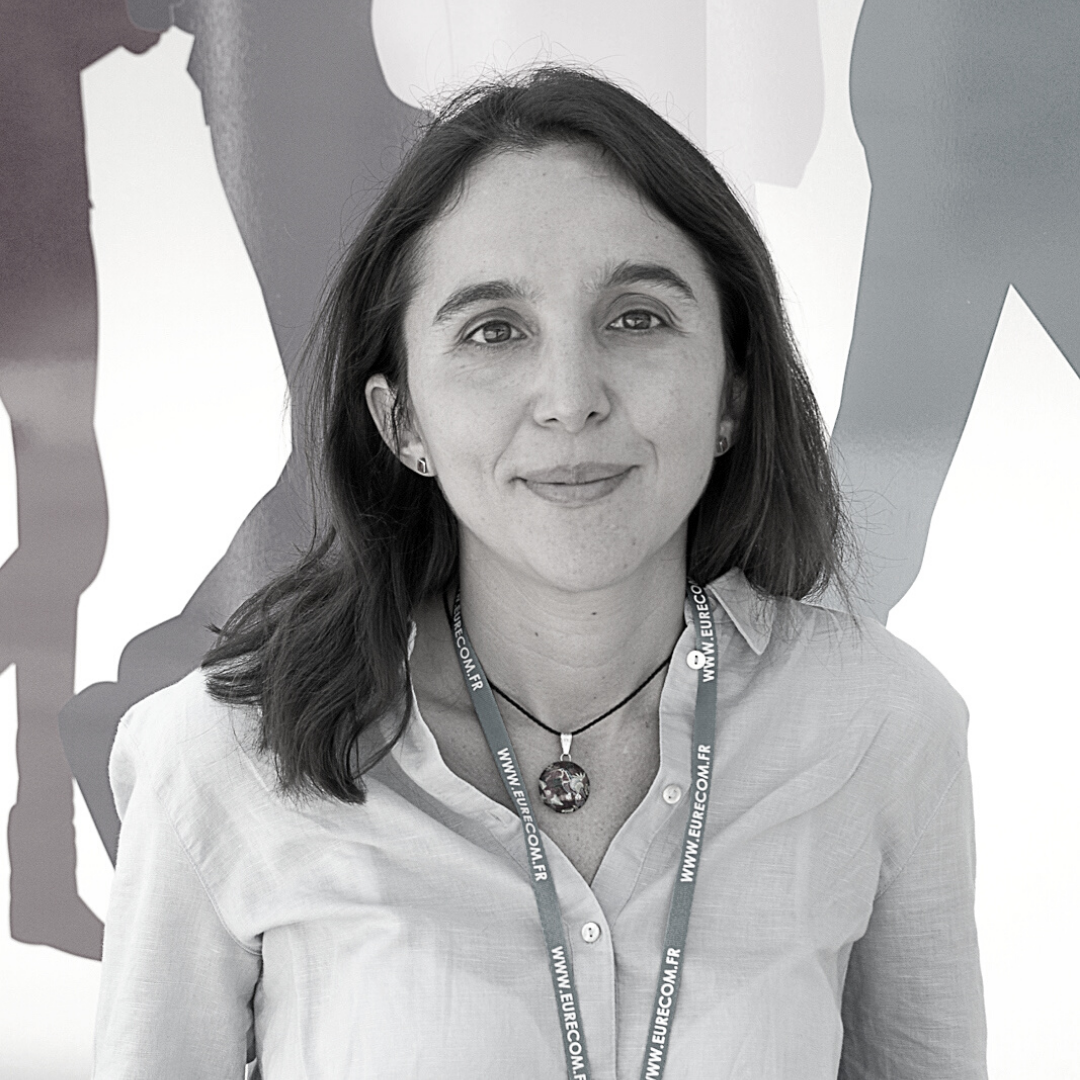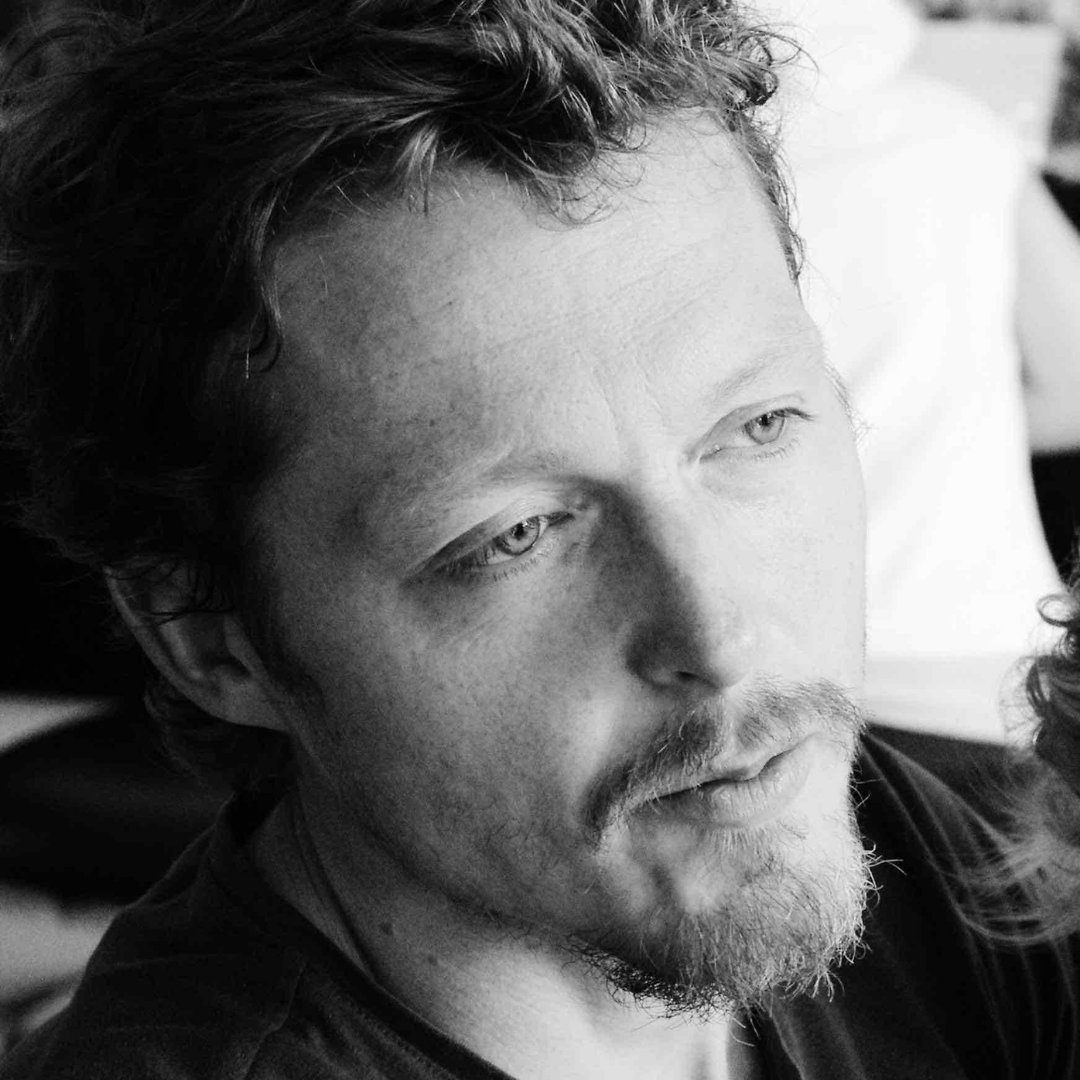Research
Former 3IA Chairs
Jean-Daniel Boissonnat (Inria)
Topological data analysis
We are studying the mathematical, statistical, algorithmic and applied aspects of topological data analysis, a fast-growing field with a well-funded theory that is attracting increasing interest in both fundamental research and in industry. Our ambition is to uncover, understand and exploit the topological and geometric structures underlying complex data.
François Delarue (Université Côte d'Azur)
Mean field multi-agent systems in AI
We study AI systems with a large number of rational agents with mean field interactions. Theoretical questions remain open, specifically when related Nash or Pareto equilibria are not unique, and thus corresponding numerical and learning methods are key issues. Applications include neural networks, power grids, crowd management, cybersecurity, etc.
Rachid Deriche (Inria)
Computational brain connectomics
This project will reconstruct and analyze the brain’s neural connections network, the connectome, via a computational brain connectomics framework based on ground-breaking AI algorithms and ML tools to gain insight into brain architecture, functioning and neurodegenerative diseases.
Elena Di Bernardino (Université Côte d'Azur)
Territorial Security through environmental risks management
(2020-2024)
This project deals with risk assessments related to environmental extreme events. Analyses and predictions of floods, summer heatwaves, and storms are significant questions facing statisticians and risk assessors. Such environmental risks are the result of a long chain of casualties, involving several aleas, often correlated, with complex spatio-temporal dependent structures among extremes.
Our contributions in the prevention and management of environmental risks, will be twofold: 1/ Proposing novel and realistic definitions of risks indicators in environmental contexts. 2/ Studying in-depth their statistical inference, i.e. specifying more accurately the associated uncertainties.
In this project, the skills required to handle the modeling of these uncertainties are stochastic processes and random fields, spatio-temporal models, multivariate extreme theory, as well as practical expertise on spatial and environmental data gathered from firms in 3IA Côte d’Azur.
Maurizio Filippone (EURECOM)
Probabilistic machine learning
Probabilistic machine learning offers a principled framework for quantification of uncertainty across various sciences. The Chair will tackle three major modeling and computational issues: (i) the need to develop practical and scalable tools for accurate quantification of uncertainty, (ii) the lack of interpretability, and (iii) the unsustainable trend in energy consumption.
Rémi Flamary (Université Côte d'Azur)
Optimal transport for machine learning
The main objective of this project is to change the way we learn from empirical data using optimal transport. We will first investigate optimal transport for transfer learning with biomedical and astronomical applications. Second, we will adapt the Gromov-Wasserstein distance for structured data and transfer between deep learning models with different architectures.
Paola Goatin (Inria)
Data driven traffic management
(2020-2024)
This project aims at contributing to the transition to intelligent mobility management practices through an efficient use of available resources and information, fostering data collection and provision. We focus on improving traffic flow on road networks by using advanced mathematical models and statistical techniques leveraging the information recovered by real data. We are committed in creating a network of local stakeholders sharing knowledge and expertise.
Marco Gori (University of Siena)
Learning and reasoning with constraints
Learning and inference are traditionally regarded as the two opposite, yet complementary and puzzling components of intelligence. In the last few years, Prof. Gori has been carrying out research on constrained based
models of the environmental agent interactions, with the main purpose of unifying learning, inference, and reasoning within the same mathematical framework. The unification is based on the abstract notion of constraint, which provides a representation of knowledge granules, gained from the interaction with the environment, as well as of supervised examples. The theory offers a natural bridge between the formalization of knowledge, expressed by logic formalisms, and the inductive acquisition of concepts from data.
Motonobu Kanagawa (EURECOM)
Machine Learning for Computer Simulation
(2021-2024)
Computer simulation has been widely used for planning high-impact decision-making (e.g., policies on climate change and Covid-19), but its reliability depends on how accurate simulations can imitate reality. This project develops machine learning methods to improve a simulator’s reliability and the resulting decision-making.
Sebastien Ourselin (King's College London)
Sebastien Ourselin is Head of School of Biomedical Engineering & Imaging Sciences, Professor at King’s College London and Director of the EPSRC Image-Guided Therapies UK Network+. He published more than 400 articles (h-index: 64). He is associate editor for IEEE Tr. on Med Imaging,J of Med Imaging, Nature Scient. Reports, and Medical Image Analysis.
He works on the research topic AI for Healthcare & Image-guided Interventions.
Patricia Reynaud-Bouret (CNRS)
MEL: Modeling and estimating learning
We are defining new probabilistic models and new estimation methods to understand the deformation of functional connectivity during learning in in vivo experiments.
Carlos Simpson (CNRS)
AI and mathematics
My research addresses the interactions between research areas in algebra, category theory and geometry, and machine learning. This includes applications of AI to the classification of interesting algebraic and geometric structures, and the interactions between AI and formal verification of proofs in both directions.
Andrea G.B Tettamanzi (Université Côte d'Azur)
Towards an evolutionary epistemology of ontology learning
I am developing symbolic learning methods based on evolutionary computation to overcome the knowledge acquisition bottleneck in knowledge base construction and enrichment. This project, straddling machine learning and knowledge representation and reasoning, combines symbolic aspects of AI with easily parallelizable computational methods.
David Wales (University of Cambridge)
Solution landscapes for Machine Learning
We explore machine learning landscapes in the cost function parameter space, which isanalogous to the potential energy surface of a molecule as a function of atomic coordinates. Ongoing advances in methodology developed in chemical physics, can therefore be immediately applied to ML solution landscapes.
Our objectives are to use these tools to design improved predictions, and apply them to problems in molecular science and health care. In particular, we seek improved machine learning tools for clinician diagnostic support, to provide earlier detection of the deteriorating (and improving) patient. Specific applications include prediction of readmission to intensive care, which represent a failure in down-transfer to the ward, and are often associated with patient mortality.
Vicente Zarzoso (Université Côte d'Azur)
Ablation: Artificial Intelligence for patient-centered atrial fibrillation ablation
(2021-2025)
Atrial fibrillation is the most common sustained arrhythmia in clinical practice and remains the last great frontier of cardiac electrophysiology. The project aims to put forward new AI techniques to help cardiologists perform more effective patient-tailored catheter ablation procedures to treat this challenging cardiac condition.
Maria A. Zuluaga (EURECOM)
Learning-based Models in Medical Imaging: Closing the Gap towards Clinical Translation
(2021-2024)
We aim to close the gap hindering the translation of AI systems into clinical practice. To this end, we develop novel AI tools for healthcare that 1) learn incrementally as data become available, 2) generalize across multi-modal data and 3) perform quality control of a model and can generate alerts when a decreased in performance is detected.
Former 3IA Affiliate Chairs
Pierre Berthet-Rayne (Caranx Medical)
AI for Autonomous Surgical Robots
Today's surgical robots are teleoperated mechatronic devices coupled with an imaging system that allow a clinician to perform surgery remotely with improved dexterity, vision, and precision. The future generation of surgical robots will follow the same paradigm as the aeronautics and automotive industries to evolve toward fully autonomous machines. Our ambition is to leverage the latest advances in AI for image processing, context awareness (through sensors and data processing), design, and control to develop a surgical robot that can plan a procedure, interact with clinicians, and perform surgery autonomously under the clinician’s supervision, ultimately providing the best quality of care for all patients.
Alix Lhéritier (EURECOM) | Amadeus
Improving the Air Travel Experience via Probabilistic Regression with Epistemic Uncertainty Estimation in Adversarial Scenarios
Alix Lhéritier was born in Montevideo, Uruguay, in 1978. He received the Computer Engineer degree and the M.Sc. degree in computer science from the Universidad de la República, Montevideo, Uruguay, in 2004 and 2010, respectively. In 2006, he was a Visiting Research Scholar at the Mathematical Sciences Research Institute, Berkeley, CA and at the Image Processing Laboratory of the University of Minnesota, MN. In 2011, he joined the Algorithms-Biology-Structure (ABS) team at Inria Sophia Antipolis, France as a doctoral student and he received his Ph.D. in computer science from the Université Nice Sophia Antipolis in 2015. He is currently with Amadeus, France, working on machine learning research and applications for the travel industry. His research interests include sequential decision problems, statistical dissimilarity and choice modeling.
Freddy Limpens (Inria) | Mnemotix
Big Knowledge graphs evolution and life cycle
When it comes to deploying big Knowledge Graphs (KG) based information systems in the real world, be it for distributed organisations, small or big companies, some fundamental problems remain unanswered. Our research focuses on solving some of them such as managing the history and evolution of big KG, offering rapid access to KG's data, automatizing the validation of data, and providing generic templating language for more easily exploiting query results.
Greger Ottosson (Inria) | IBM
Trustworthy AI and Explainable Decisions for Business Automation
As we apply Machine Learning to automate decisions in financial services, healthcare and government, there is increasing user need and regulatory demand for transparency and explainability. Our AI research is focused on explainability for decisions that combine ML-based predictions and rule-based business policies.
David Rouquie (Université Côte d'Azur) | Bayer
Human health chemical risk assessments
The main focus of my research activity as affiliate chair at 3IA Côte d’Azur is on the emerging theme of chemical safety by design. This theme derives from all the on-going initiatives to improve the characterization of the risk of chemicals to humans by using more data from non-animal technologies and goes far beyond. Indeed, we are living a paradigm shift in the way bioactive small molecules are discovered but also de-risked. Instead of relying on numerous, long, costly cycles of trials and errors, thanks to the advance in systems biology and state-of-the-art machine learning algorithms it is possible to proactively drive de novo chemical design with high probability to induce specific biological responses. For the first time, we have shown as proof of concept that a learning procedure can automatically design molecules that have a high probability to induce a desired transcriptomic profile in cell lines. In my position of affiliate chair at 3IA Côte d’Azur, this approach will be further developed by building the pillars necessary to guide chemical design toward optimized safety profiles while maintaining the desired biological effect of the compounds.


